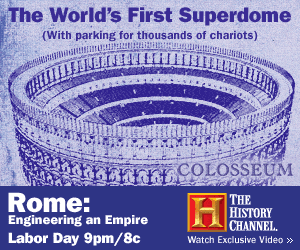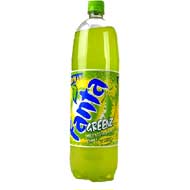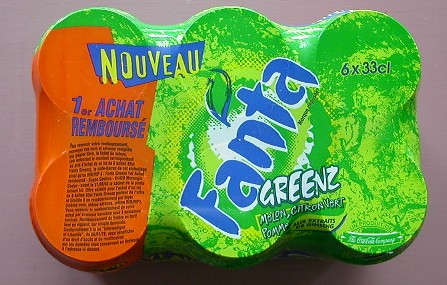Commercial ties
J’ai reçu du spam d’un important éditeur qui m’a demandé de publier des liens vers des articles publiés sur son site. Il se trouve que ces articles sont sans aucun doute d’un grand intérêt pour les amateurs de la linguistique. Or, leur propositon de faire de la pub gratuite pour eux me semble rien d’autre qu’une campagne de spam ciblée, vaguement insultante d’ailleurs.
From Anggarrgoon:
I was contacted today [on a recipients suppressed list] by email by a fairly large publisher who was drawing my attention to some articles with a linguistic theme on their site. They were suggesting that I post links to their site. It’s an interesting type of product placement. I will be intrigued to see a) if anyone does, in fact, take them up on their offer, and b) whether they say how they came by the link.
I received what I presume was the same e-mail. It gave me a pause, and I’d considered blogging it even before I saw the post on Anggarrgoon.
Regardless of the articles being without any doubt of linguistic interest, this e-mail was no better than spam in my opinion. I’m running this blog as a non-commercial project. Ads on general-interest sites happen to annoy me, which is why I don’t even want any ads over at the Eggcorn Database, where they would arguably be more justified than on my private playground.
But even if I were open to forging commercial ties, the proper thing would have been to propose payment. The publisher in question can certainly afford it and does advertise in other venues. There is a huge difference between another non-commercial blogger approaching me about some interesting stuff they have written or made available, and a media magnate doing so.
Beyond these matters of principle I felt insulted. See, my interest in language and linguistics currently has no more than very rare and occasional ties to my livelihood. On some levels there are only very few things I’d like more than for this to change — and the reasons it doesn’t are, as these things go, personal and complicated — but as things stand my interests have arguably done more harm than good to my professional outlook. Without breaking out into foul language, I am annoyed that a rich company doesn’t exercise proper care about whom they are asking to do their free advertising. The culture of mutual back-scratching is a pernicious thing, for those of us outside the back-scratching circuit. So no, Sir, I won’t scratch yours, thank you very much, and in particular not for free. You may claim that you “have been reading my site and enjoying it”, but allow me to have some doubts about that as well.
The links have, by the way, been posted on BoingBoing, where a certain Kestrell is credited with recommending them. I’m going to forward a link to this post and to Anggarrgoon’s, to make BoingBoing aware of the spammy context in which they are being promoted. In any case, by getting boingboinged, the goal of the e-mail has been more than achieved.
Related posts: About that other Superdome, Mon pin's est greenz, BBC "Word 4 Word", Minimalist Kitkat, A blogger on the radio, Dangling relative clause, Quick links
Technorati (tags): advertising, blogging, linguistics, media, publicité, spam




